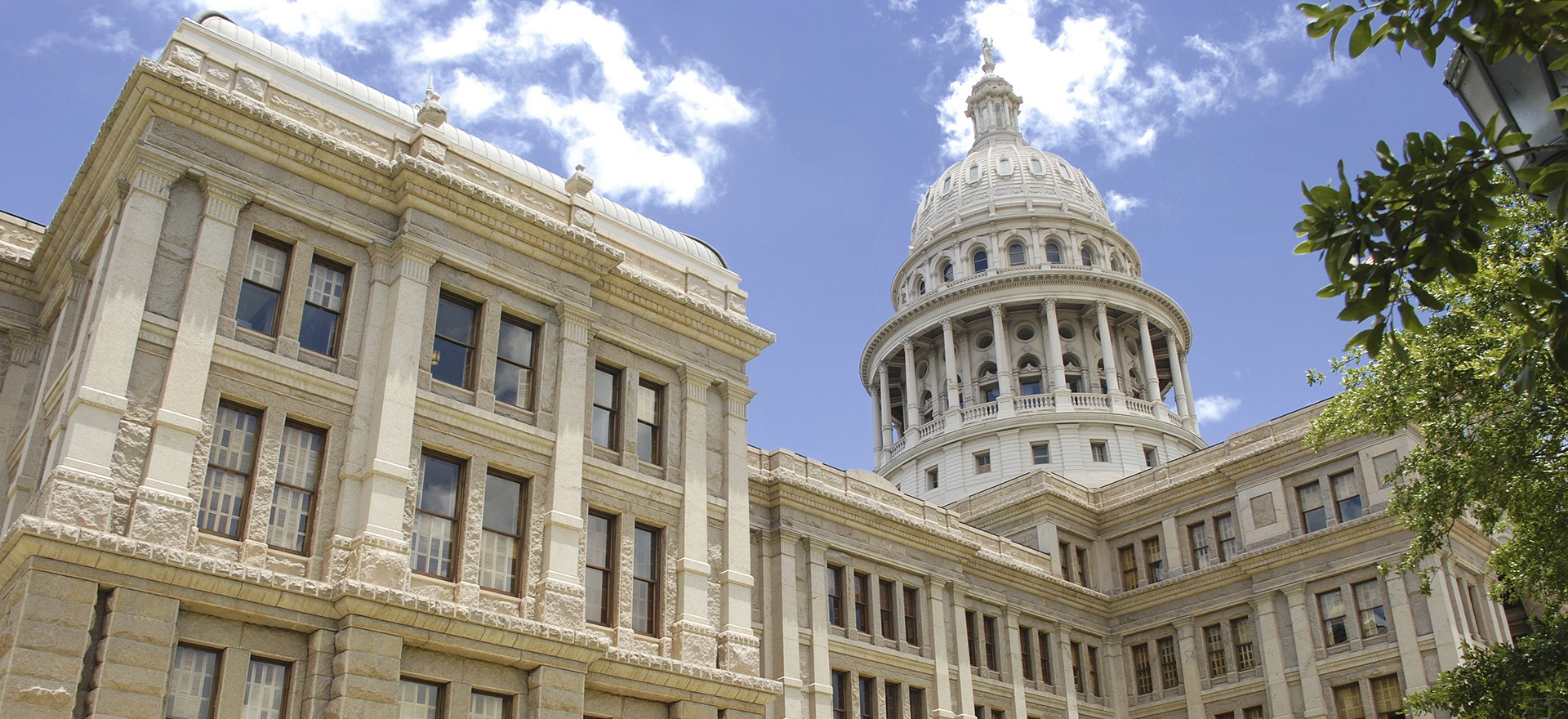Three constitutional amendments that impact public education on the November 2025 ballot

Date Posted: 10/08/2025 | Author: Heather Sheffield
This November, Texas voters will consider 17 proposed constitutional amendments. Three of the proposals (two property tax measures and one addressing parental rights) intersect with public education. None of these proposals directly change how schools operate, but each connects to broader policy issues that influence how Texas funds and governs its public school system.
Two of the proposed amendments deal with homestead exemptions for school district property taxes. Because local property taxes make up the majority of school funding in Texas, any change to these exemptions affects how much revenue school districts collect and how much the state must contribute to meet overall funding requirements. The first proposal, Proposition 13 (SJR 2) - increased school tax exemption for homeowners, would increase the general homestead exemption for a homeowner’s primary residence from $100,000 to $140,000. The second, Proposition 11 (SJR 85) - school tax exemption for the elderly or disabled homeowners, would authorize the Legislature to raise the additional exemption for elderly and disabled homeowners from $10,000 up to $60,000. Both are designed to provide property tax relief by reducing the portion of a home’s value subject to school district taxation.
These two measures would lower tax bills for many homeowners, but they also reduce the amount of local property tax revenue available to fund public schools. Under state law, school districts are held harmless for those losses, as passage would not impact school funding entitlements. In other words, the state must replace the lost local revenue with state funds to meet its funding obligations. The shift effectively moves a larger share of the total cost of public education onto the state budget, but it does so without increasing the overall funding going to schools. So, while these tax changes benefit homeowners in the short term, they could increase long-term pressure on the state’s finances. If economic conditions tighten or revenue growth slows in the future, maintaining current levels of school funding could become more difficult.
The third amendment on the ballot, Proposition 15 (SJR 34) - codifying parental rights, would add language to the Texas Constitution affirming that parents are the primary decision-makers for their children. The proposed text does not reference public education, but the issue arises in a broader policy environment where parental rights have been a recurring theme. During the 89th legislative session, several high-profile bills, including Senate Bill (SB) 12 and those creating an Education Savings Account (ESA) voucher program, were framed as efforts to expand parental control over students’ educational experiences. The parental rights amendment does not create or alter any education programs, but it builds on the same philosophical argument that parents should have increased authority in matters affecting their children.
If adopted, the amendment would elevate existing statutory and caselaw protections for parents into the state’s constitution, giving them higher legal status. Although the measure does not directly affect schools, it could shape how courts interpret future disputes involving students, parents, and public education, such as curriculum content, disciplinary actions, or access to instructional materials. Because the amendment does not define how parental rights interact with the state’s duty to provide a uniform system of public schools, its long-term implications would depend on how it is applied in future legal contexts.
Taken together, these three amendments illustrate how proposals that do not explicitly target schools can still affect public education. The property tax amendments would shift a greater share of school funding responsibility to the state, potentially complicating future budget planning. The parental rights amendment, though not education-specific, could influence how legal and policy discussions around schools evolve in the years ahead.
Early voting for the constitutional amendments begins Oct. 20 and runs through Nov. 1, with Election Day on Tuesday, Nov. 4, 2025. Voters can find the full ballot language, explanations, and polling information through the Texas Secretary of State’s website. Read more about the other proposed constitutional amendments in this article from The Texas Tribune republished on Teach the Vote.
CONVERSATION
RECOMMENDED FOR YOU

02/27/2026
Teach the Vote’s Week in Review: Feb. 27, 2026
SBOE approves 4,200 edits and corrections to Bluebonnet Learning instructional materials. Plus: Election Day is Tuesday, March 3.

02/27/2026
SBOE special-called meeting highlights philosophical divides
The Texas State Board of Education met for a full day on February 25th in a special-called meeting.

02/24/2026
Get out and early vote this week for important statewide offices
It’s time to Teach the Vote in the races for Texas governor, lieutenant governor, attorney general, and comptroller.

